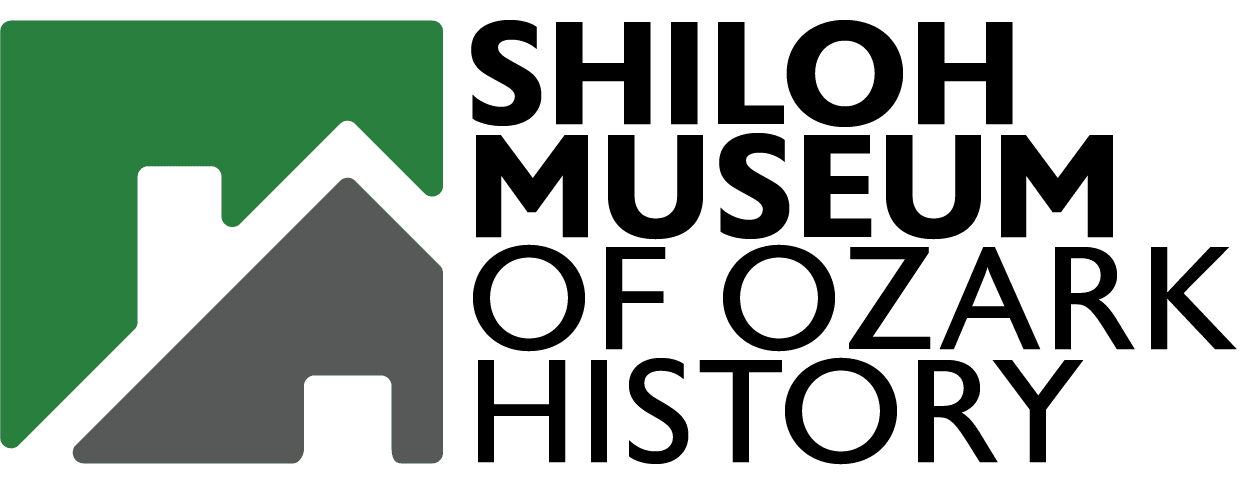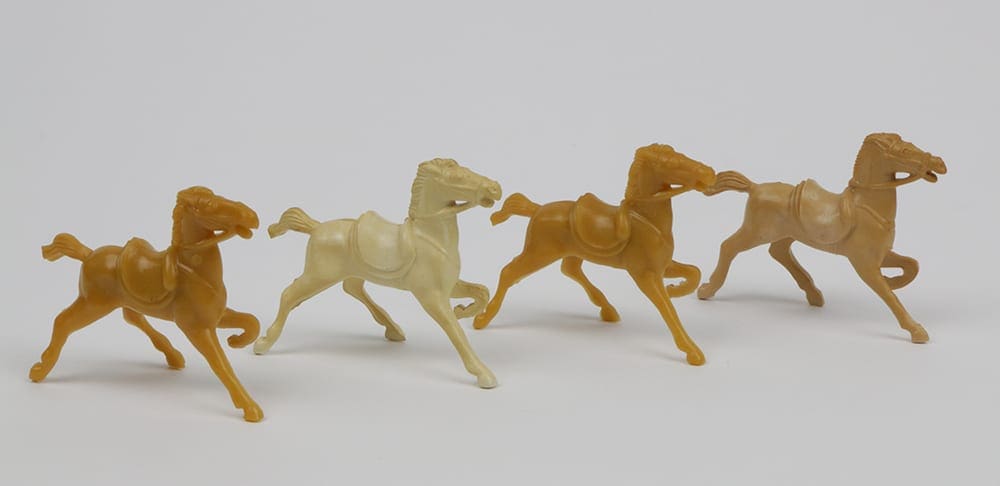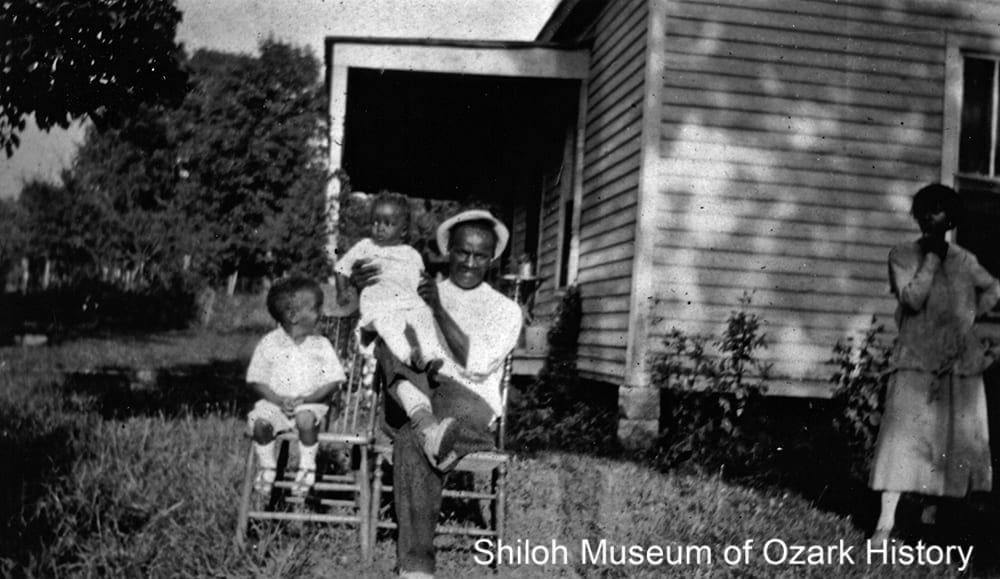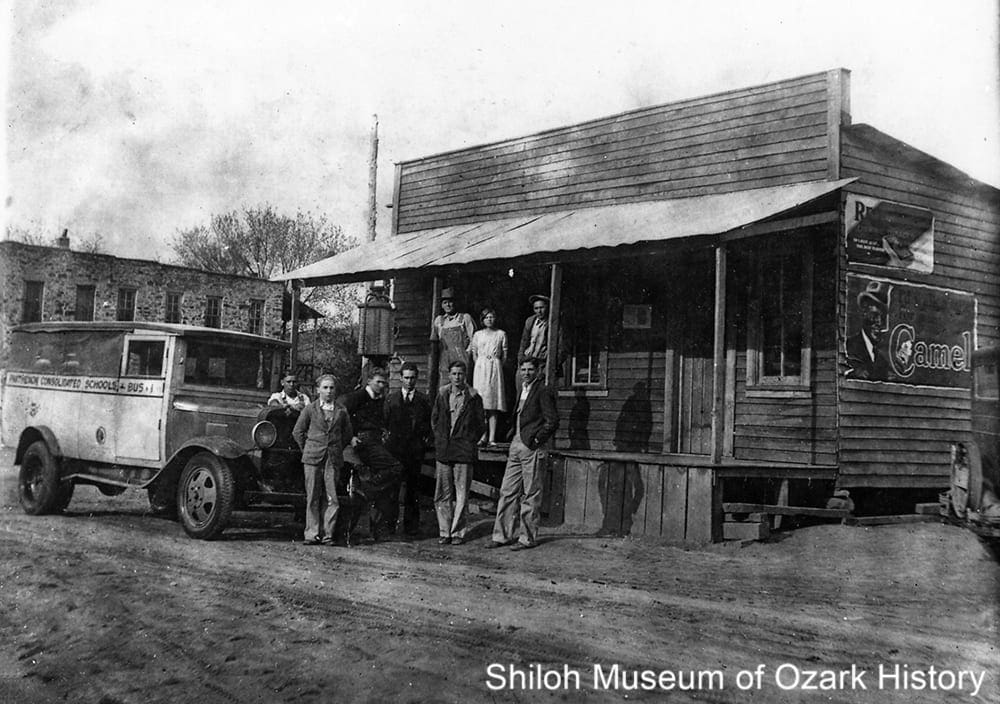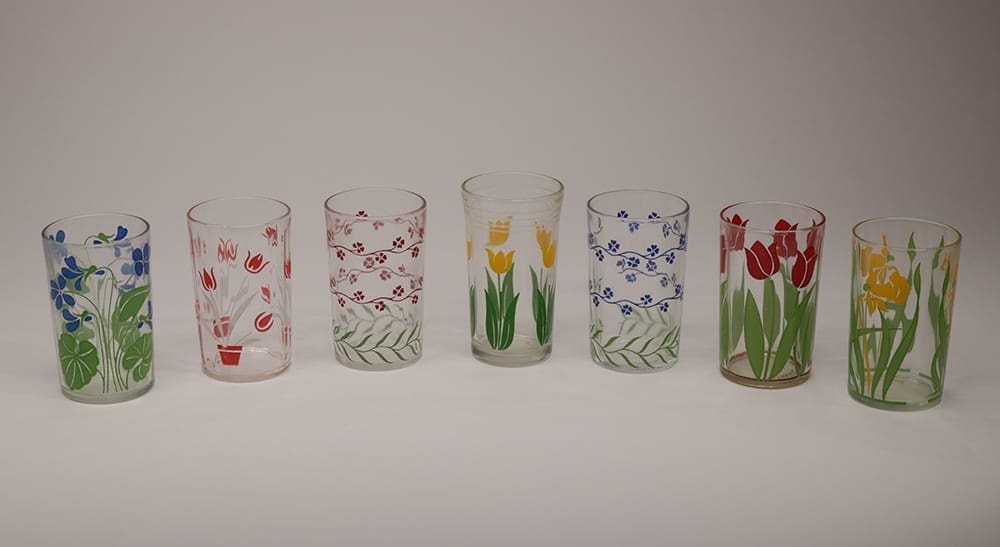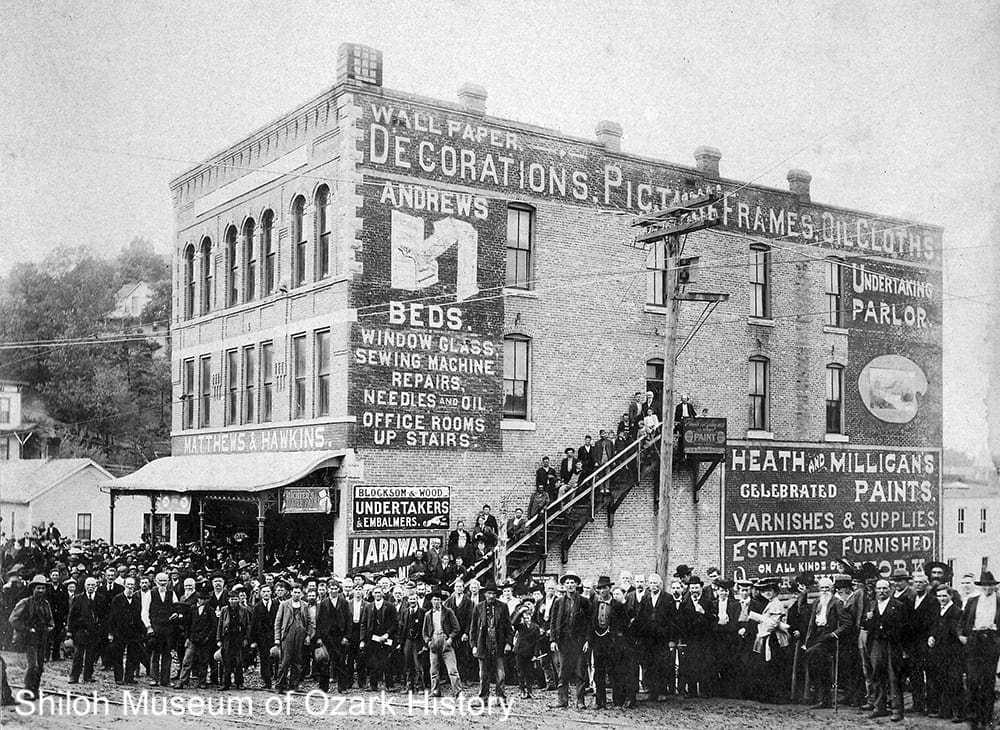Toy Horses
Donated by Pat Vaughan
During the 1950s and 1960s, small plastic figurines like these horses were popular, inexpensive toys. Four major manufacturers of these plastic playsets were Ajax, Archer, Beton/Bergen, and Lido. According to some sources, Beton/Berger made the first plastic horse figurine only to have their molds copied by the other manufacturers.
Of the four horses seen here, only one bears a manufacturers mark: Lido. Lido toy Company was formed in 1947 by Seymour and Effrem Arenstein, nephews of William Shaland, who owned one of the world’s largest large toy import companies. Lido produced a wide variety of toys until 1964 when it was sold to Bala Industries.
Donated by Pat Vaughan
During the 1950s and 1960s, small plastic figurines like these horses were popular, inexpensive toys. Four major manufacturers of these plastic playsets were Ajax, Archer, Beton/Bergen, and Lido. According to some sources, Beton/Berger made the first plastic horse figurine only to have their molds copied by the other manufacturers.
Of the four horses seen here, only one bears a manufacturers mark: Lido. Lido toy Company was formed in 1947 by Seymour and Effrem Arenstein, nephews of William Shaland, who owned one of the world’s largest large toy import companies. Lido produced a wide variety of toys until 1964 when it was sold to Bala Industries.
